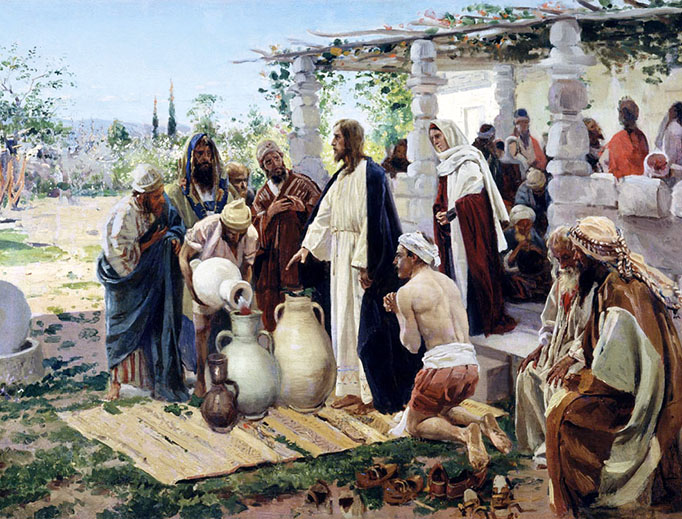A Toast to Young Marriage
Marriage is ordered toward the good of the spouses and the procreation and education of children. Contrary to the common clichéd advice, young couples who know this know exactly what they are doing.

On Oct. 3, my wife Lisa and I celebrate our 27th Wedding Anniversary.
I met Lisa when I was 17 years old, married her at 21, and became a parent with her at 22. If I have one regret, 27 years later, it’s that I didn’t marry her sooner.
“Sooner?” The notion might strike many people as bizarre. Even marriage advocates often present marriage as something to avoid as long as possible—until, like death and taxes, men and women finally succumb to its inevitability. Thus, marrying young is viewed as particularly crazy. Of course, it doesn’t help that today’s kangaroo marriage tribunals are scandalously eager to pounce upon young marriages and invalidate them on the grounds of youth itself!
As Lisa and I discovered, when you plan to marry young, people aren’t too shy to tell you that you’re making a huge mistake.
Why a mistake?
Most of the arguments are based in materialism. People say you have to wait “until your finances are in order.” But if I had waited until my finances resembled anything close to “in order,” I’d still be single. I’d also be pretty miserable, after missing the chance to marry my best friend.
I will concede the fact that marrying in early adulthood is not for everyone; for that matter, marriage itself is not for everyone. But to offhandedly disdain young-adult marriage is not only uncharitable toward the couple, it exhibits a disbelief in the sacramental grace of Matrimony. Further, it seems to ignore or reject the primary purpose of Matrimony.
And that gets to the crux of the point, because what objectors are really saying is that, if you marry young, you might have a lot of children. Before all the talk about “responsible parenthood,” a term often used in defense of the contraceptive mentality that has even influenced practicing Catholics, children used to be considered the primary good of marriage. Now, it’s a six-bedroom house, a seven-figure mortgage and a four-car garage. Pope Saint John Paul II had something to say about all that:
In the richer countries, on the contrary, excessive prosperity and the consumer mentality, paradoxically joined to a certain anguish and uncertainty about the future, deprive married couples of the generosity and courage needed for raising up new human life: thus life is often perceived not as a blessing, but as a danger from which to defend oneself.
Twenty-seven years of marriage, nine children, two broken-down cars, a bank account that flirts with a zero balance every two weeks, and a breathtaking sense of love and fulfillment. These things aren’t supposed to go together; yet, for us, they do. I’ve been in love with Lisa every moment of my adult life. So much of our lives has been shaped by the fact that we were married young.
And I wouldn’t trade a thing.
One last point. Many people seem to believe that couples who marry young can’t possibly know what they’re getting themselves into.
Lisa and I, however, knew exactly what we were doing. We were both crystal clear that the primary purpose of marriage is the procreation and education of children, and we wanted to get on with it. And as far as procreation and education are concerned, I’m happy to report that we’ve done plenty of both in the past 27 years.
It’s sad that some Catholics are embarrassed by this “primary purpose” doctrine—a doctrine that, as Dr. William Marshner observes, has been maintained since “the ink” was “scarcely dry on the New Testament.” It’s sad that some Catholics have come to view the procreation and education of children as incompatible with romantic love between husbands and wives.
Let me tell you something: if you don’t think fathering—not merely begetting, but truly fathering—a child with your wife is romantic, I’d suggest that you stop letting PG-13 rom-coms shape your philosophy. Have you ever met a man who was a great husband but a terrible father? I haven’t. They don’t exist. I’m painfully aware that we’re now supposed to think that any sex is good, except marital sex that produces children. That’s how crazy things have gotten. Still, I’ll take openness to bringing forth new and innocent life as a reflection of our love for each other and a reflection of God’s blessing of our marriage.
Happy Anniversary, Lisa!
















